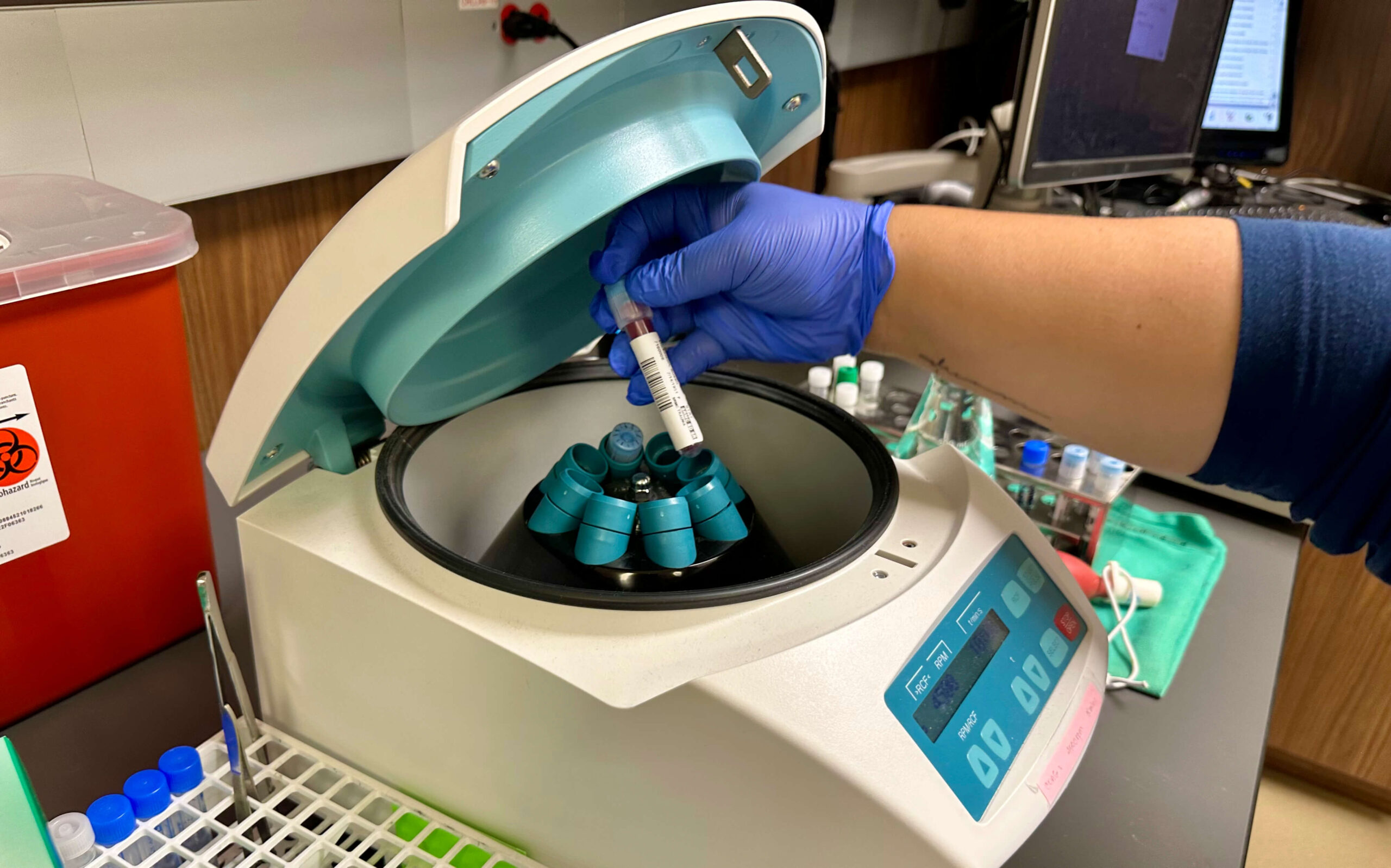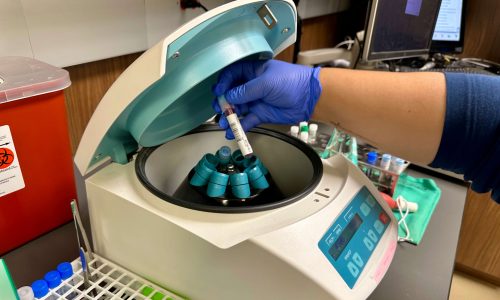16) Iron is essential for your body to make hemoglobin and to help transfer oxygen to your cells. If the body is low in iron, all body cells, particularly muscles in adults and brain cells in children, do not function correctly. On the other hand, too much iron may indicate a life-threatening condition, such as liver disease, heart problems, or diabetes.
17) Lactate dehydrogenase (LDH or LD) is an enzyme found in all tissues in the body; therefore, a high level in the blood can result from a number of different diseases. However, slightly elevated levels in
the blood are common and usually do not indicate disease. The most common sources of LD are the heart, liver, muscles, and red blood cells. Any damage to these sources will raise the LD level in the blood.
18) Phosphorus (Phosphate) plays a significant role in bone development, often predominantly present in bone tissues. Very low levels of phosphate can be associated with starvation or malnutrition, leading to muscle weakness. High levels of phosphate are associated with kidney disease.
19) Potassium is one of the body’s principal minerals found primarily inside cells. It helps maintain water balance as well as proper function of nerves and muscles. Low or high levels in the blood are of critical significance and should be evaluated by your provider. This is especially important if you are taking a diuretic or heart medication. A high level may indicate kidney or liver disease, too much medication, or bodily injury, such as burns. A lower level of potassium can develop rapidly, most frequently produced as a side effect of drugs that cause increased urination.
20) Total protein is a measure of the total amount of protein in your blood. A low or high total protein does not indicate a specific disease, but it does mean that some additional tests may be required to determine if there is an underlying problem.
21) Sodium is one of the body’s principal minerals regulated by kidneys. It plays an important role in water balance in your body. A high level can be caused by dehydration, excessive salt intake in your diet, or certain diseases. A low level of sodium may be caused by diarrhea, vomiting, or excessive sweating. Numerous drugs, including diuretics, certain blood pressure medications, and steroids, may alter the sodium level.
22) Thyroid-stimulating hormone (TSH) is the pituitary hormone that controls thyroid gland function. When the thyroid gland fails, due to primary disease of the thyroid, pituitary TSH increases. This condition is called primary hypothyroidism. In contrast, when the thyroid gland is overactive and producing too much thyroid hormone, the serum TSH decreases. This is called primary hyperthyroidism. In addition, the TSH test can tell if your dose of thyroid hormone is correct, should you be taking that medication.
23) Uric acid is a byproduct from the breakdown of the body’s own cells and certain proteins. A high level of uric acid in your blood may cause gout, arthritis, or kidney stones. Kidney disease, stress, alcohol, and certain diuretics may also raise the level. High levels should be evaluated by your provider; whereas, low levels are generally not considered significant.



